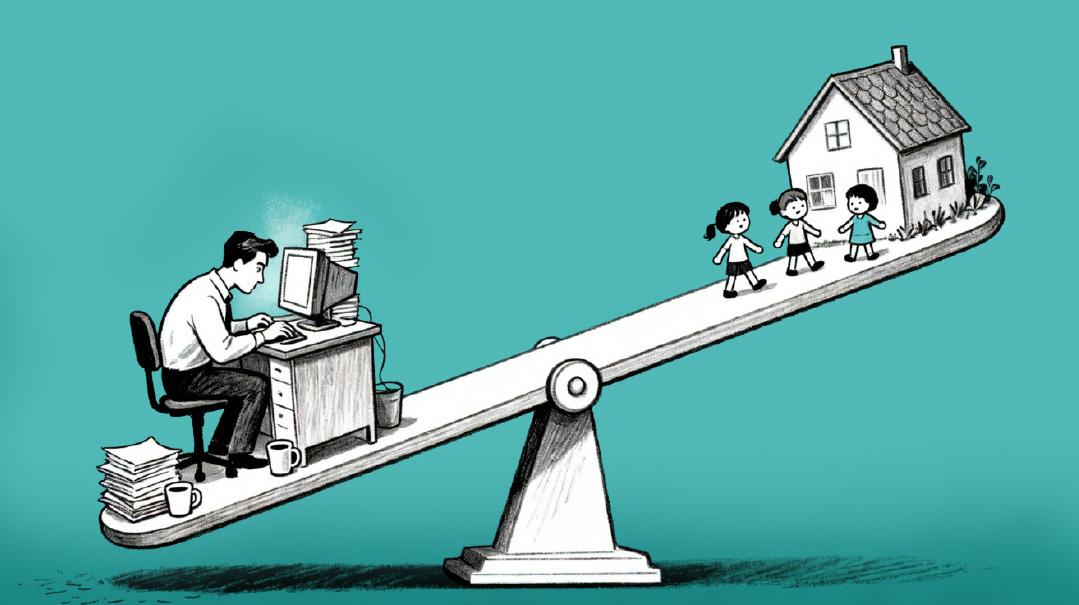Remembering a Lost Friend
| November 15, 2022NIMBY, or “Not in My Backyard.” It sums up the attitude of people who protest when those with disabilities move into their communities

T
he table is set, the food is hot and presented with flair, and guests are gathering, congratulating the honorees who learned for the siyum, on the occasion of the sixth yahrtzeit of Mr. Jerry Jacobs, Yitzchok ben Alter Yosef a”h.
Mr. Jacobs was a benefactor to Makor Care and Service Network, a lifespan social services organization meeting the needs of people with intellectual and developmental disabilities and their families. But his generosity extended beyond the material, as soon becomes clear when Jeff, a Makor staff member, begins the formal presentation with a story.
“Mr. Jacobs was an accountant by trade, and lived very by the book,” Jeff recounts. “I remember him explaining in great detail how an apartment, by law, needs to be heated. At this outside temperature, a landlord has to keep the heat so high. If the temperature drops lower, the heat needs to be turned up to this… But regardless of what the law might say his minimal obligation was, Mr. Jacobs always responded to the guys’ requests. If they asked him to turn up the heat, he did it with a smile. He just wanted the guys to be comfortable.”
Who was Mr. Jacobs, and why did dozens of people come together to learn and share a seudah and divrei brachah in his memory? To understand that, you need to know some history about Makor, the organization he helped.
When you’re a parent of a child with specialized needs, a lot of acronyms suddenly become part of your vocabulary. In the beginning, these acronyms tend to focus on diagnoses: I/DD (intellectual and developmental disability); ASD (autism spectrum disorder); and ED (emotional disturbance), to name a few. Soon, acronyms for different educational programs and styles begin to flow off the lips: EI (early intervention); IEP (individualized education plan); ABA (applied behavior analysis); and OT, PT, ST (occupational, physical, and speech therapies).
Each of these acronyms is shorthand for another way of helping a child reach his full potential, and parents who have to navigate all these methods and services acquire a certain level of fluency in this alphabet soup.
But as people with specialized needs reach adulthood and prepare to embark on lives of independence, their families sometimes encounter a new acronym —one that is not shorthand for help, but rather for exclusion.
In fact, you could say it is an acronym used only by people who have not themselves learned and grown as perhaps they should have: NIMBY, or “Not in My Backyard.” It sums up the attitude of people who protest when those with disabilities move into their communities.
When Makor was founded in the 1970s by Mrs. Jeanne Warman, NIMBY was the prevailing attitude she ran up against. In fact, she can relate stories of having her car tires slashed at night as she slept, and having rotten fruit thrown at her at community board meetings. (I thought that only happened in the movies.) This was the welcome she got as she attempted to open the first group home for individuals who had survived the horrors of institutionalization and wanted nothing more than to return to their community of origin — the Jewish community — as neighbors.
And this is what set Mr. Jerry Jacobs apart, and this is why his yahrtzeit was being observed with a siyum and a lavish meal. So who was he? A high-society philanthropist? A professional in the field?
No. Mr. Jacobs was a landlord, a homeowner who rented half of his two-family house to Makor, to provide a home for three individuals with intellectual disability. He was a neighbor, who happily lived above these individuals and welcomed them as his tenants and friends. And when he passed away, Mr. Jacobs became a donor, bequeathing his house to Makor in perpetuity. Mr. Jacobs made only one stipulation to his donation: That the space be used not for administrative purposes, but for programming — to expand the mission of Makor, to support people’s growth, and to make people feel welcome.
Today, those three tenants continue to live in their half of the house, which Mr. Jacobs helped make a home. The other half serves as a day program hub, a gathering place where adults with specialized needs come to learn and grow.
On the evening of the siyum, though, as the final desserts were served and a beautiful new plaque unveiled, the house served simply as a place to remember a lost friend.
Although we no longer have Mr. Jacobs among us, perhaps we can do something to keep his spirit and legacy alive. He was not satisfied with simply meeting the bare minimum of the responsibilities we bear for each other. Perhaps we, as a community, can do something together in memory of Mr. Jacobs and in the spirit of inclusion and Kol Yisrael areivim zeh lazeh.
Let’s rethink NIMBY, and apply it toward people with special needs the way Mr. Jacobs did: Not in my backyard, but in my home, as tenants, friends, and neighbors. Not in my backyard, but in my shul, as members and fellow-worshippers. Not in my backyard, but in my store, as paying customers and valued employees.
Let us say, in imitation and in memory of Mr. Jacobs a”h, not in my backyard, but in my community and in my life.
Stephen Glicksman, PhD, is a licensed developmental psychologist. He serves as director of clinical innovation at Makor Care and Services Network, as well as director of its research and education branch, the Makor Institute.
(Originally featured in Mishpacha, Issue 936. Eytan Kobre may be contacted directly at kobre@mishpacha.com)
Oops! We could not locate your form.







